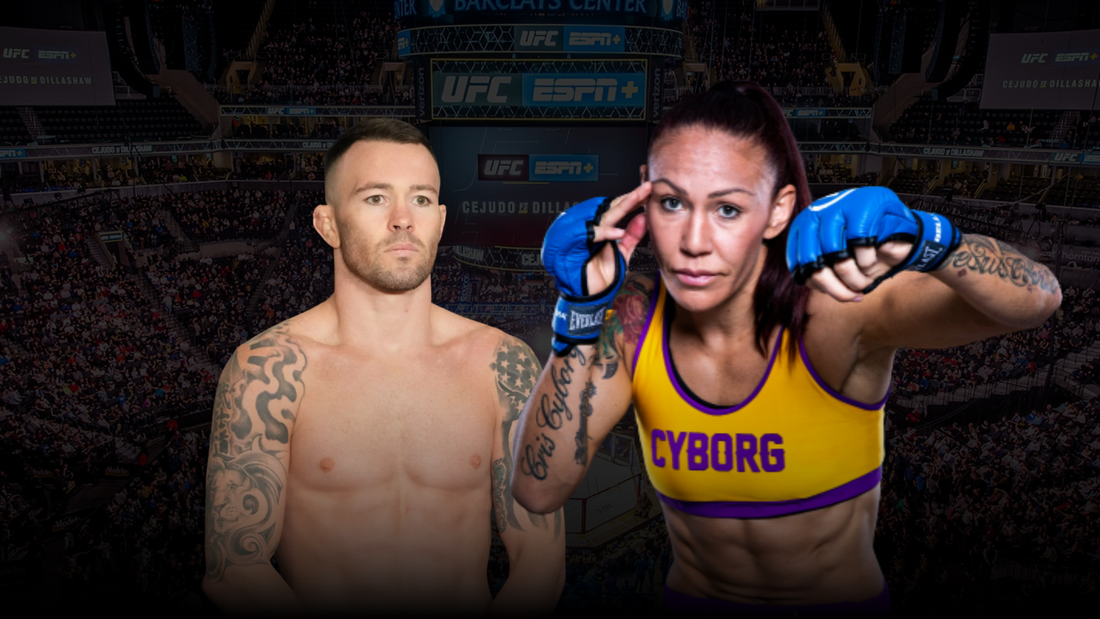Dana White, the outspoken president of the UFC, is known for his strong opinions about fighters, often revealing who he roots for and against in championship bouts. Over the years, White has openly admitted there are several UFC champions he never wanted to see hold the belt, whether due to personal conflicts, business considerations, or doubts about their drawing power. Here are 10 UFC fighters Dana White reportedly never wanted as champions, shedding light on the complex dynamics behind the scenes of the world’s premier MMA promotion.
1. Tito Ortiz
Perhaps the most infamous example, Dana White has openly expressed his disdain for Tito Ortiz, calling him “one of two fighters who tried to ruin the UFC” and “an absolute disgrace to the sport.” White admitted he was rooting for Ortiz’s opponents, especially Chuck Liddell, during their legendary rivalry. White famously said, “I couldn’t f*cking wait to see Chuck whoop his a**” during their fights, underscoring the depth of their animosity.
2. Tim Sylvia
Sylvia’s reign as heavyweight champion was marred by lackluster performances and poor drawing power. White once said, “We all have to thank [Fedor Emelianenko] for getting rid of Tim Sylvia. He’s been stinking up the joint the last couple years.” Sylvia’s inability to generate excitement and his request for Brock Lesnar’s pay led to his release, reflecting White’s frustration with his championship tenure.
3. Colby Covington
Covington’s brash personality initially seemed like a perfect fit for the UFC, but his backstage antics and refusal to accept fights on White’s timeline soured the relationship. After being stripped of his interim title, Covington publicly clashed with White, who criticized him for missing opportunities and causing disruption. White remarked, “I offered you the fight... you could have took it,” highlighting the business side of his displeasure.
4. Cris Cyborg
Despite her dominance in women’s MMA, Cyborg’s relationship with White was rocky. White was critical of her weight-cutting struggles and initially reluctant to promote her as a UFC champion. He once compared her appearance unfavorably and was hesitant to invest in her division until the UFC created a featherweight category for her. Their relationship only improved after she lost her title to Amanda Nunes.
5. Tyron Woodley
Woodley’s conservative fighting style and public complaints about his treatment frustrated White. Woodley himself claimed he was “the worst treated champion in UFC history” and attributed some of the issues to racial bias, which White dismissed as “drama.” Their ongoing feud reflected a clash between a champion’s demands and the promotion’s marketing goals.
6. Randy Couture
Though respected as a legend, Couture’s multiple comebacks and clashes with White sometimes created tension. White preferred fighters who could generate consistent excitement and pay-per-view sales, which occasionally put Couture at odds with the promotion’s vision.
7. Fabricio Werdum
Werdum’s upset of Fedor Emelianenko in Strikeforce was a turning point, but White had long-standing issues with Fedor and was skeptical of Werdum’s potential as a UFC champion. The promotion even vetoed a potential fight between Werdum and Georges St-Pierre due to concerns about title vacating and business implications.
8. Germaine de Randamie
After a controversial featherweight title fight against Holly Holm that ended with fouls and no points deducted, White expressed frustration with the matchup and its outcome. He rarely makes post-fight matchups for de Randamie, indicating a lack of enthusiasm for her reign.
9. Sean Strickland
Strickland’s unexpected win over Israel Adesanya disrupted White’s plans for marquee matchups. White’s preference for high-profile, marketable champions meant Strickland’s victory was a disappointment from a business perspective, despite his skill.
10. Paddy Pimblett
Though a fan favorite, Pimblett’s brash personality and rapid rise have sometimes clashed with White’s vision for marketable champions. White has expressed skepticism about Pimblett’s ability to carry a division long-term.
Dana White’s candidness about his preferences reveals the intricate balance between sport and business in the UFC. While he champions the growth of MMA globally, his personal biases and strategic decisions often influence who gets the spotlight and who doesn’t. As White himself said about fighters he disliked, “You’re not supposed to have a rooting interest,” yet his preferences have undeniably shaped the UFC’s history and its champions.
This behind-the-scenes dynamic adds a layer of complexity to understanding UFC champions not just as athletes but as figures navigating the business realities of one of the world’s fastest-growing sports.



































































